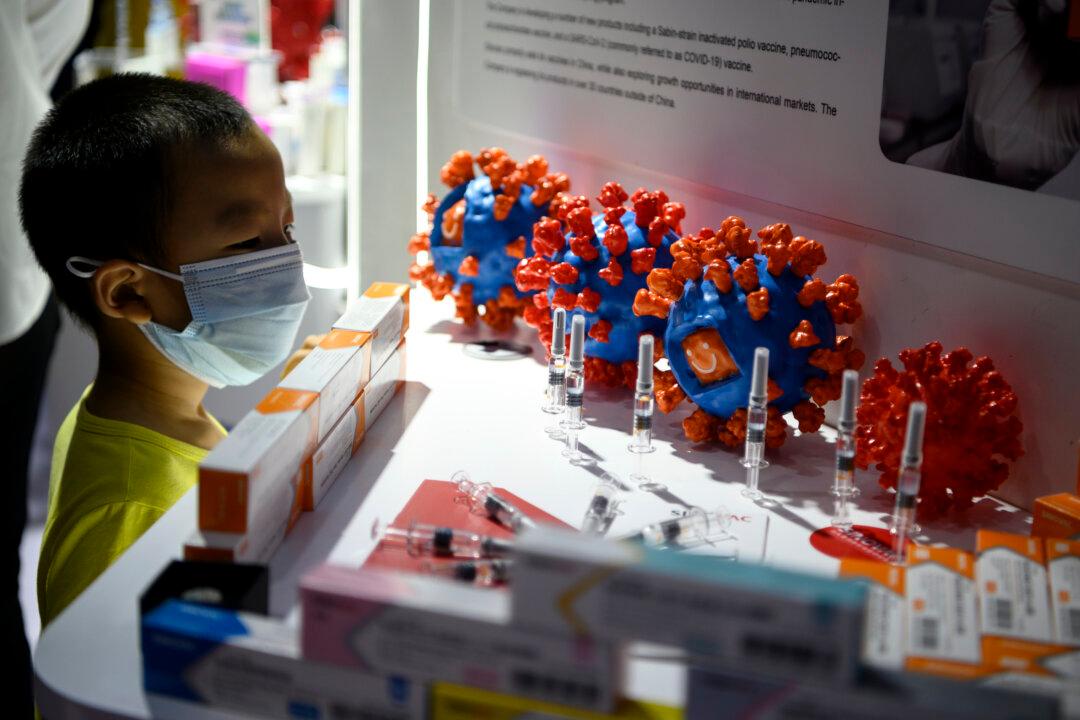Chinese health authorities have recently said that an additional third dose of the COVID-19 vaccine may be needed to boost its effectiveness. The announcement was released soon after a doctor in China’s Xi'an city was reportedly infected with the CCP virus after receiving two doses of a Chinese-made COVID-19 vaccine.
A virologist who spoke with The Epoch Times believes that the poor quality of the Chinese-made vaccines and the increasing threat posed by the CCP (Chinese Communist Party) virus mutations are causing infections.




